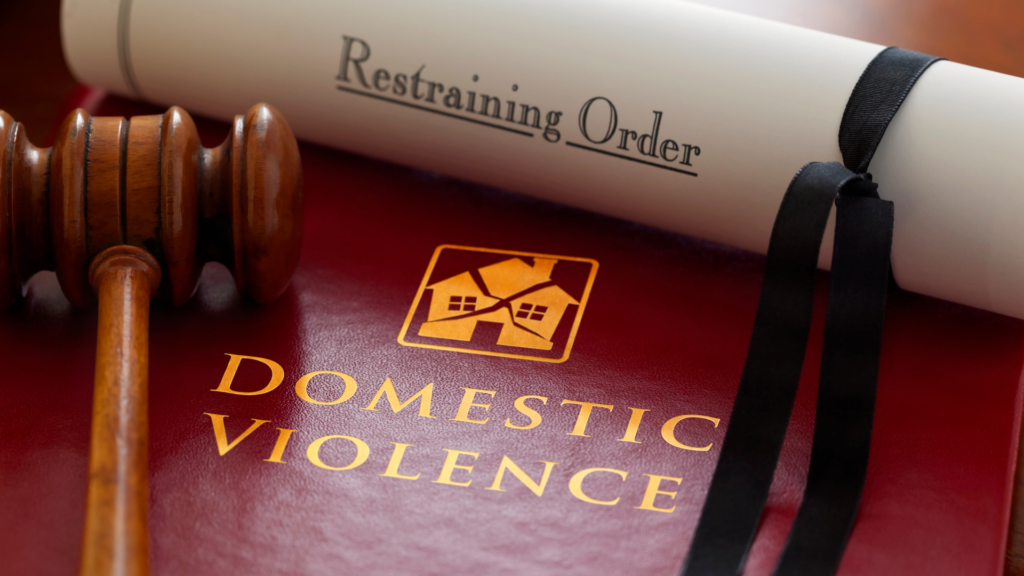How Do Domestic Violence Charges Work?

According to C.R.S. 18-6-800, domestic violence is an act of violence or threat of violence committed against someone with whom the actor is or has been intimately associated. Domestic violence includes: any crime committed against a person or against property, including an animal, as well as any violation of a municipal ordinance, when the actor uses it to coerce, control, punish, intimidate, or avenge someone with whom he has an intimate relationship or has been involved in one.
Types of Domestic Violence
Domestic abuse is often thought of as only physical violence or threats of physical harm, but it actually encompasses a much broader range of behaviors including verbal and emotional abuse.
- Physical abuse
- Mental abuse
- Verbal abuse
- Sexual abuse
Domestic violence cases can be complex, which is why it is advisable to reach out to a qualified criminal defense attorney to handle it. This will enable the attorney to begin collecting the facts of the case and developing an effective strategy. Having the right person on your side in this situation is crucial.
Domestic Violence in CO
Domestic violence in Colorado is not considered an independent crime. Rather, domestic violence is a sentencing enhancement. It increases the punishment for any wrongdoing committed against current or former spouses or dating partners.
Colorado is a mandatory arrest state. In other words, if police suspect a person of domestic violence, they must arrest them. It does not matter if the alleged victim:
- Recants or announces that their past beliefs or statements were wrong and that they no longer agree with them.
- No longer wants to press charges.
Our Colorado Springs criminal lawyers have assisted several clients throughout their criminal law needs. We can help you navigate your situation. Count on our legal team to guide, protect, and advocate for you.
Protection Orders
Protection orders will be issued against defendants while domestic violence charges are pending. In all cases, a domestic violence charge is followed by a mandatory protection order. During the period of the order, the defendant can’t drink alcohol and must avoid the accuser.
It is a class 1 misdemeanor to violate a protective order in a criminal case. A first-time offense carries the following penalty:
- Up to 364 days in jail, and/or
- Up to $1,000 in fines
Contact our team today to get the representation that you deserve.
